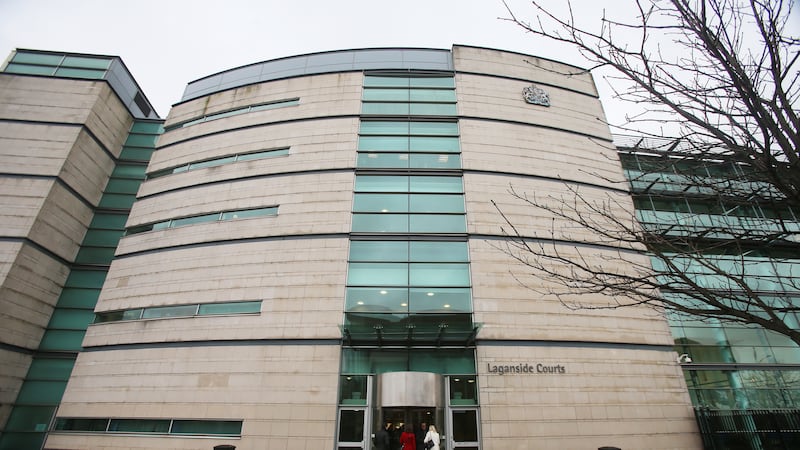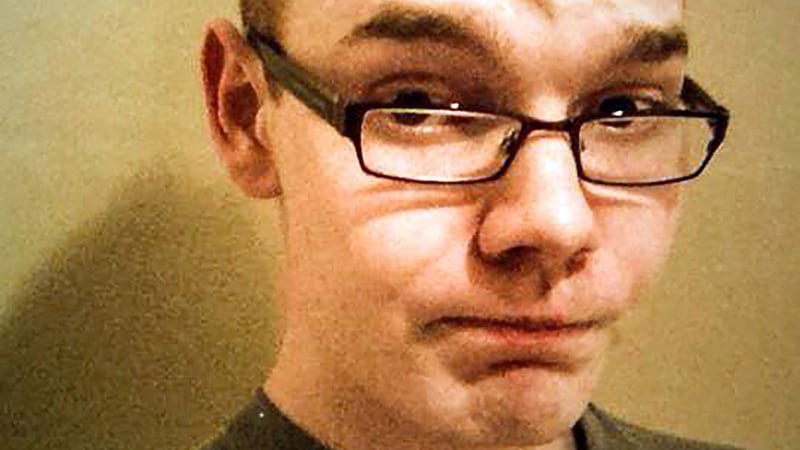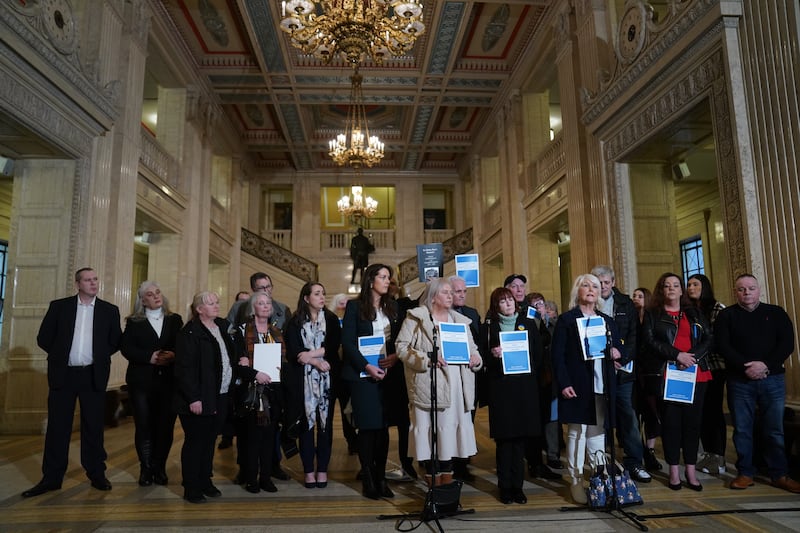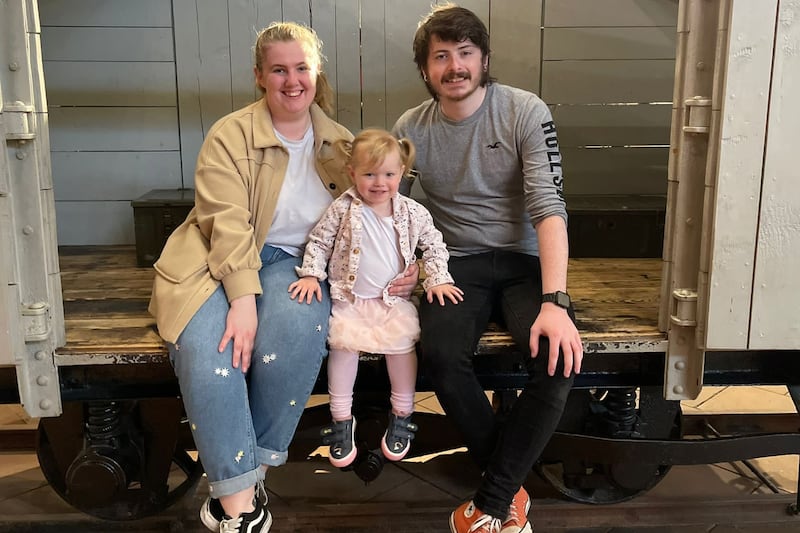A leading doctors' union has warned that the failed political talks at Stormont is causing the "uncontrolled collapse" of GP services, with 20 surgeries expected to close in the next year.
The Northern Ireland General Practitioners Committee also launched a strong attack on politicians for "walking out the door" and leaving behind a health service in crisis.
Following the collapse of the powersharing negotiations and lack of agreed budget, the future of the region's healthcare system has been left shrouded in uncertainty.
"We want someone to make the decisions and take the action that will save any semblance of the NHS in Northern Ireland," a spokesman for the GP committee said.
"It is critical now. This isn't about GPs trying to create a fuss, this is about patient safety. It is about trying to sustain a service that is safe and effective for patients and at the moment, that is proving almost impossible.
"You look for strong leadership and inspiration from a leader. We have leaders who have just walked out the door and left the whole thing behind. In terms of messages and morale, you can't underestimate the effect that will have."
In the past few months, at least three GP surgeries have been forced to close due to increasing demand on services.
The GP Committee has predicted that "as many as 20 will close over the next year or so", the spokesman warned.
"This will be due to a combination of pressure and retirement of GPs with nobody to replace them," he said.
"The biggest problem we have is that if one practice collapses in an area, the knock-on effect on practices struggling already is extremely significant.
"We are seeing an uncontrolled collapse of GP services. We are seeing waiting times in general practice extending, we are seeing pressure, we are seeing demand increasing and all of which to the detriment of patients."
Three significant health policies around the future of GP services, the elective care plan and population health models were agreed by the Department of Health before the powersharing executive broke down. However, there is now no health minister to bring the plans forward.
"We have got the policy, but we don't have the politics and that is currently creating, and is going to create, massive, massive problems," he warned.
The spokesman said GPs do not want to be forced to "step outside" the NHS and into private healthcare.
But he said: "We need a politician there to actually deal with something that will make sure we can remain within the health service. That is ultimately what everybody wants."
He warned that in the absence of any sort of political leadership or political decision-making, GPs may have to take matters into their own hands "simply for the sake of delivering any sort of a service to patients in Northern Ireland".
"Every doctor will continue to do their best, but it is a real struggle and we are just moving into complete crisis management at the moment.
"The contingency plans are that we see acute episodic illness because that is all we can see, with no forward planning and with no preventative or proactive management because the ability to do that just isn't there," the spokesman said.
Dr John D Woods, chair of the British Medical Association's Northern Ireland Council, said the problems in the health service have reached "a critical point".
He said: "In hospitals, we see profound pressure on acute care and spiralling waiting lists due to poor workforce planning and rising demand on services.
"The crisis in primary care, with GP practices facing closure across the country, is well-documented and will not improve without additional resources.
"Last October, we welcomed the publication of the then-health minister's vision for health, which we felt laid out a solid roadmap for improvement.
"However, without a minister in post, a functioning Assembly and an agreed budget no progress will be made on transforming health here, which in turn impacts negatively on both the medical profession and patients."








